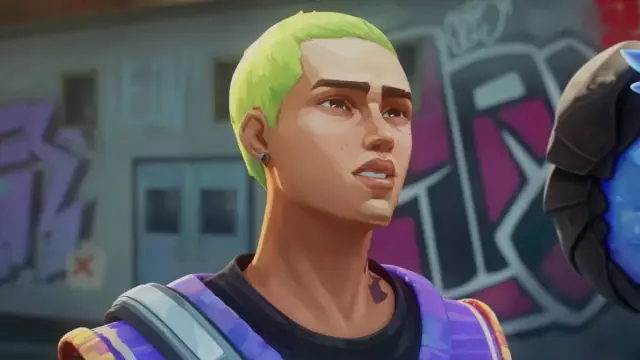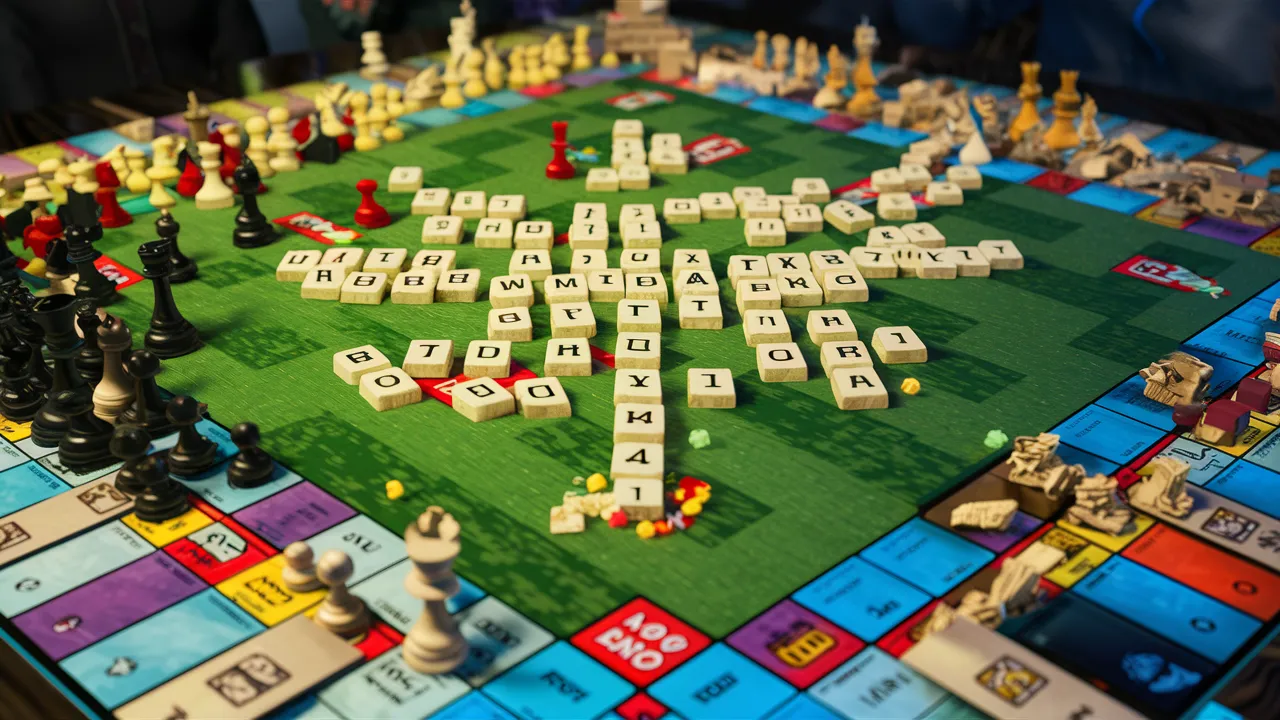Table of Contents
Wordle is a sensational word game that has captured the hearts of people worldwide, offering a blend of fun and mental exercise that appeals to all ages. With its simple premise—guess a hidden five-letter word within six tries—Wordle has become a daily ritual for many.
In today’s dive, we unravel the hint for Wordle Hint Today Newsweek 327 Answer Today, provided by Newsweek, and explore how this engaging game can be a potent learning tool for gamers.
What is Wordle?

Wordle, an online daily word puzzle game, was developed by software engineer Josh Wardle as a unique crossword challenge for his partner. In this game, participants are given six attempts to identify a chosen five-letter word, introducing a fresh word each day. On January 31, 2022, The New York Times acquired Wordle.
Wordle Hint Today Newsweek 327 Answer Today
For those eagerly anticipating the challenge, the hint for Wordle 327, as shared by Newsweek, is ‘SLUNG’. This nugget of information is your stepping stone towards unraveling today’s puzzle, guiding your guesses with a blend of strategy and intuition.
The Power of Wordle for Gamers
Wordle’s simplicity is dishonest; below its sincere gameplay lies a treasure trove of instructional blessings, specifically for young beginners within the Games. It encourages them to amplify their vocabulary, observe spelling rules, and assume seriously approximate letter placement and phrase shape.
Read also: Geekzilla Tio Geek
How to Play Wordle
- Visit the Game: Access Wordle by going to its official website. No download or sign-up is required, making it easily accessible for everyone.
- Understand the Goal: Your mission is to guess a hidden five-letter word in six tries or less. After each guess, you receive feedback, making your next attempt more informed.
- Make Your Guess: Type in a five-letter word and press enter. It’s smart to begin with words that include common vowels and consonants to maximize your chances of hitting the right letters early.
- Interpret Feedback: Wordle uses a color-coded system to guide your guesses:
- Green indicates the letter is correct and in the right position.
- Yellow signifies the letter is in the word but placed wrongly.
- Gray means the letter is not in the word at all.
- Refine Your Strategy: Use the feedback to adjust your guesses. Focus on rearranging yellow letters and replacing grays with new options. Strategy and a bit of guesswork go hand in hand here.
- Enjoy the Process: Whether you solve the puzzle or not, the fun is in the challenge. Each attempt sharpens your vocabulary and problem-solving skills.
- Daily Puzzle: Wordle resets every 24 hours, offering a fresh challenge daily. It’s a great way to start or end your day with a mental workout.
By following these steps, you’ll not only enhance your problem-solving and vocabulary skills but also join a global community of Wordle enthusiasts. It’s a game that combines learning with fun, making it a perfect brain teaser for all ages.
Expert Tips for Mastering Wordle
Erhan Aslan, a seasoned expert in applied linguistics from the University of Reading, shares invaluable insights to enhance your Wordle experience.
Optimal Starting Words
According to Aslan, initiating the game with words containing common vowels (like ‘e’ and ‘a’) and consonants (‘r’ and ‘t’) can be advantageous. Conversely, words beginning with less common letters such as ‘q,’ ‘z,’ ‘j,’ or ‘x’ might not be as fruitful. As you progress, leverage phonics knowledge to refine your guesses.
Popular Starting Letters
‘S’ and ‘C’ are among the most frequently chosen starting letters in Wordle. Need a nudge? The New York Times Wordle bot suggests ‘Slate’ for normal mode and ‘Dealt’ for hard mode, as these words encompass commonly appearing letters in Wordle answers.
Wordle in the Classroom
Teachers have found Wordle to be an excellent addition to the classroom, serving as a dynamic tool to engage students with language learning. It promotes vocabulary expansion, spelling accuracy, and the development of critical thinking and problem-solving skills—all in a fun, interactive manner.
Final Words
Wordle showcases the educational benefits of simple games, particularly for young learners like Gamers. It’s a gateway to improving language and problem-solving skills through playful learning. Daily puzzles, such as the Wordle Hint Today Newsweek 327 Answer Today hint “SLUNG,” make learning new words engaging and connect players beyond the classroom.
Digital tools like Wordle enhance getting to know, making it laugh and interactive. It’s proof that schooling can be fun and effective, serving as a day-by-day intellectual exercise, a teaching device, and a network connector. Ideal for freshmen of every age, Wordle enriches vocabulary and thinking. It’s a reminder that each puzzle is dangerous to analyze and connect with an international network of phrase fans.
People also ask
What is the best starting word for Wordle?
While there’s no one-size-fits-all answer, choosing a starting word with a mix of common vowels and consonants, like “SLATE,” can help you quickly identify useful letters.
Can Wordle help improve spelling?
Absolutely! Wordle encourages players to think about word structure, spelling patterns, and vocabulary, making it a fun way to improve spelling skills.
Is Wordle suitable for all age groups?
Yes, Wordle is designed to be accessible and enjoyable for people of all ages, from young learners to adults looking for daily mental exercise.
How can teachers use Wordle in the classroom?
Teachers can use Wordle as a fun warm-up activity, a way to introduce new vocabulary, or as a tool for engaging students in discussions about word structure and spelling strategies.
Where can I play Wordle?
Wordle can be played on its official website or through various apps available on smartphones. It’s free to play and accessible to anyone with an internet connection.




